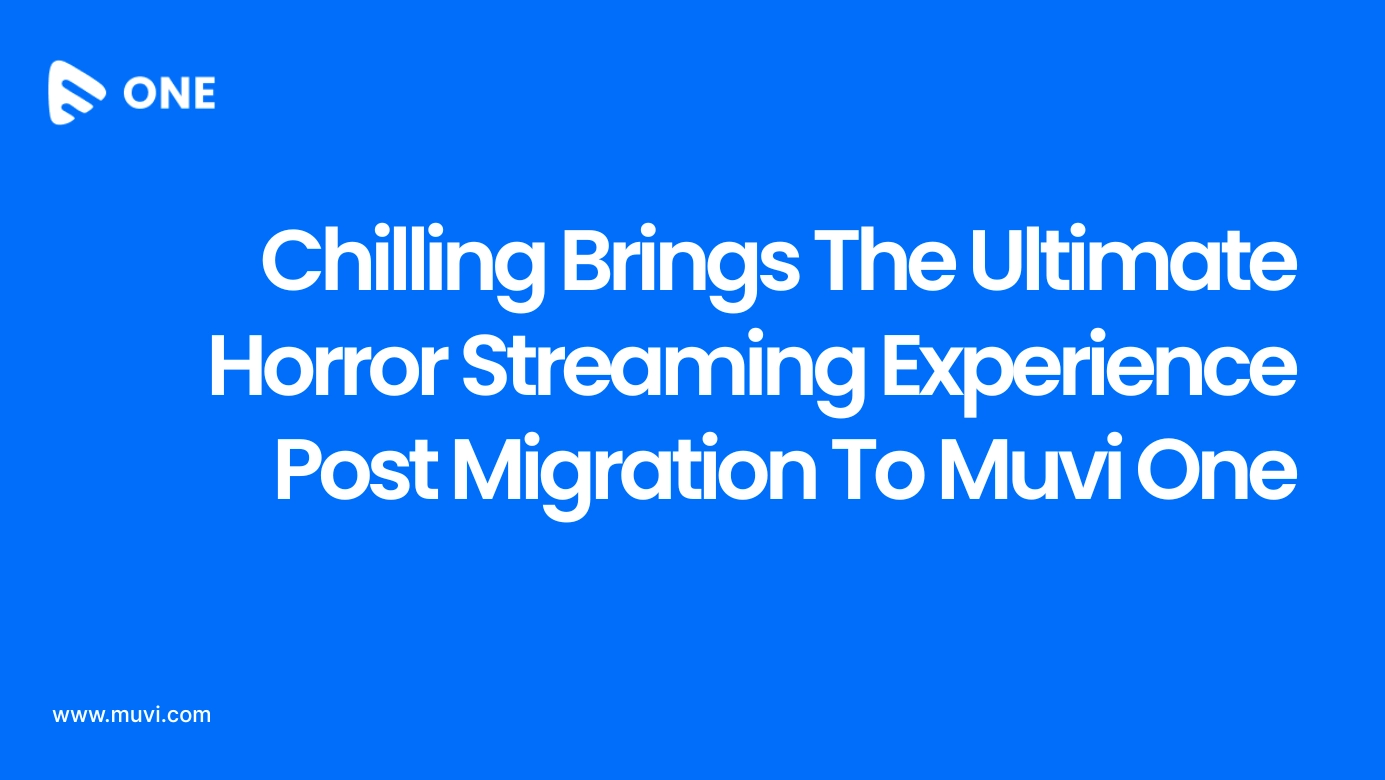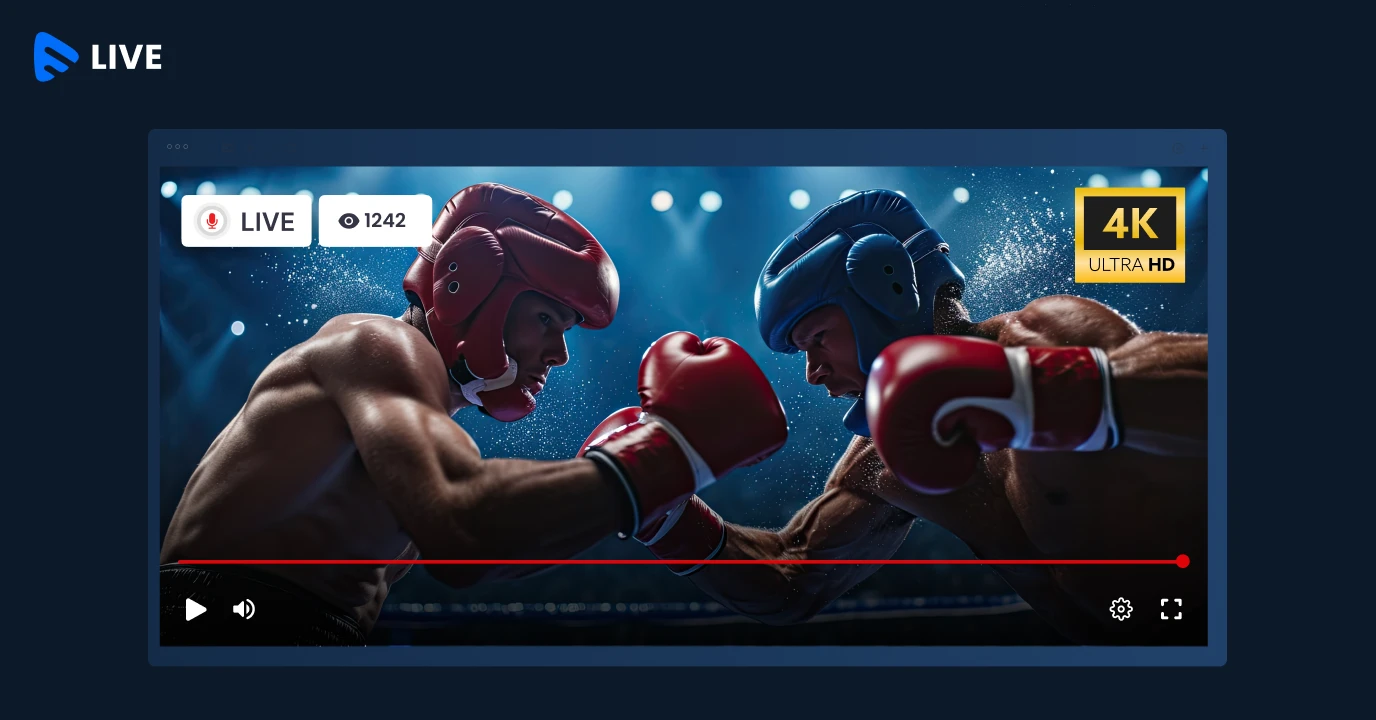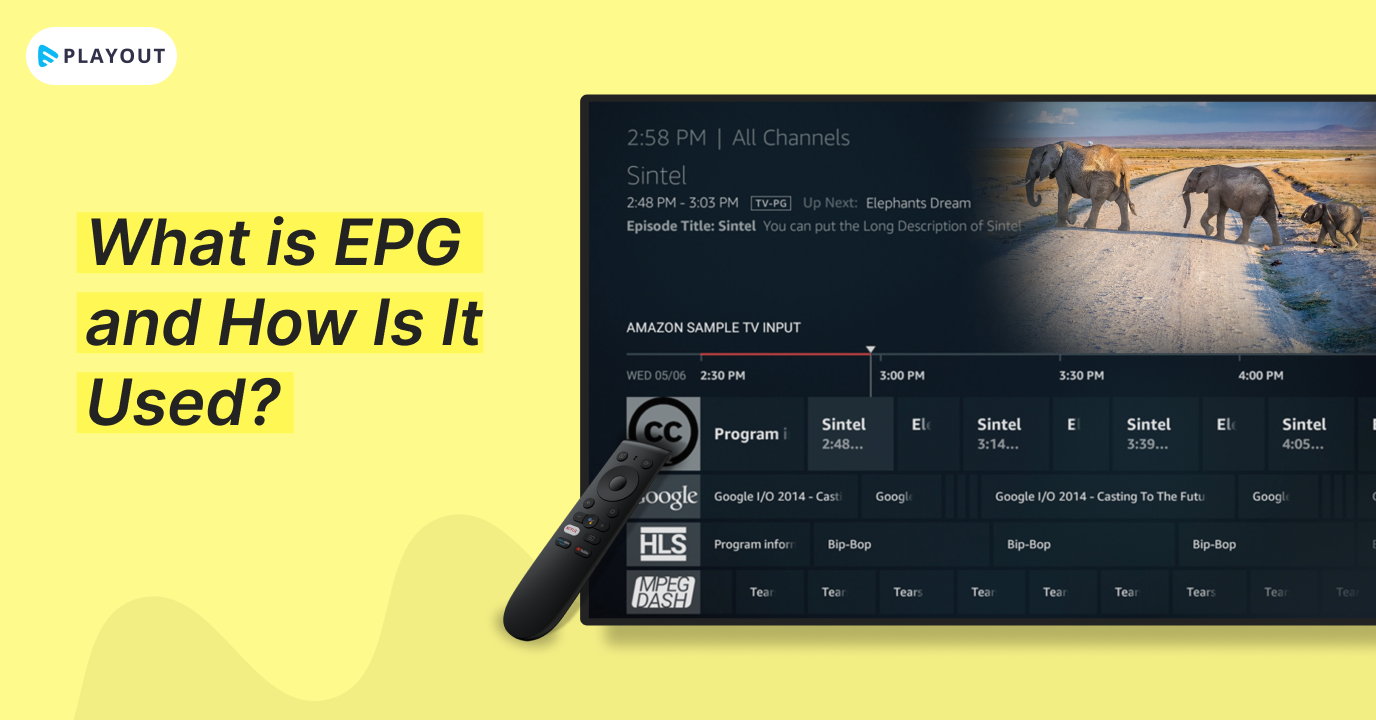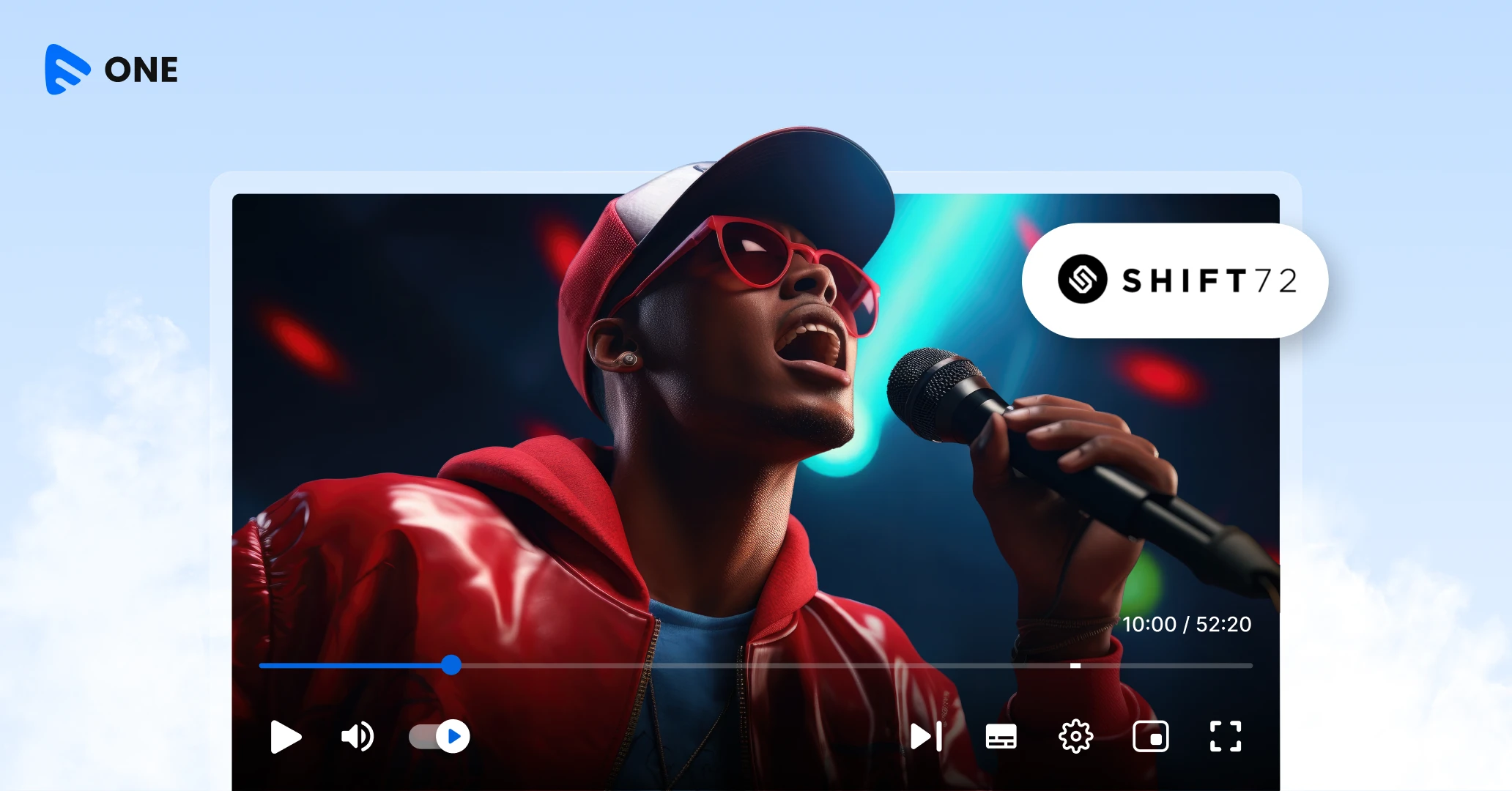Recommender system, also known as a recommendation system, is now present in every industry, be it OTT, e-commerce, news, real estate, or gaming – it is everywhere. It is a question of common curiosity that how a single tool is able to cater to so many industries? The answer to this question is – Algorithms. There are different algorithms used in a recommender system that enables it to align with any industry’s requirements.
Different Types of Algorithms Used in a Recommendation System
1. Content-Based Filtering
Content filtering-based recommendation engine focuses on a single user’s interest and past activities. It also takes into consideration similar items or products. After analyzing a user’s past behavior on the website, it creates a list of items or products that are similar to what the user may have already bought, in the scenario of eCommerce, and viewed, in the scenario of OTT. With a content filtering-based recommendation engine, it is easier to dodge a cold start as it will quickly catch the new product added and put it in the list of relevant similar products. For example, if you added an action movie to your website, the content filtering-based recommendation engine will quickly recognize this and add the movie to the ‘Action Movies’ list. This is about adding the product, but how will it recommend the product. Let us take another example, and you bought a book by Jane Austen a few days back; a content-based recommendation engine will take a note of this, and when you visit the website again, it will automatically show you books written by Jane Austen or authors like her.
2. Collaborative Based Filtering
A collaborative filtering-based recommendation engine focuses on all the users of a website instead of one. What it does is cluster the people who have had similar interests in the past. There are infinite clusters or groups in a collaborative filtering system. For example, people who watched action movies in the past are grouped together, while people who have watched romantic movies are grouped together. It will then notice what everyone is doing. Now, based on the observations, it will create another cluster for the same user. So, for example, if a user is watching action movies one day but watches romantic movies the next day; so this user will be a part of both the clusters. An example of a collaborative filtering-based recommendation engine – User A and User B bought item 1 at one point in time. User A also bought item 2 along with item 1. So, now when user B logs in, he gets a recommendation of item 2 based on similar interests.

3. Hybrid Filtering
There are many advantages and disadvantages of both content-based filtering and collaborative-based filtering. To overcome these, hybrid filtering-based recommendation engines were introduced. As the name suggests, it is a combination of two or more filtering techniques – usually content filtering and collaborative filtering. So what it does is, it lets both the content filtering and collaborative filtering find an answer, then it analyzes both the answers (recommendations), and combines both of them to get the perfect recommendations for the users that they are more likely to click on. You can learn more about different types of algorithms and see real-life examples in this white paper on recommendation systems.
Conclusion
Recommendation engines are the future now for every industry as customers demand personalized recommendations. So, instead of waiting for the ‘do and die’ moment, start exploring recommendation engines and start with Alie – an AI-based recommendation engine that offers multiple features. Take the 14-day free trial of Alie now.
















Add your comment